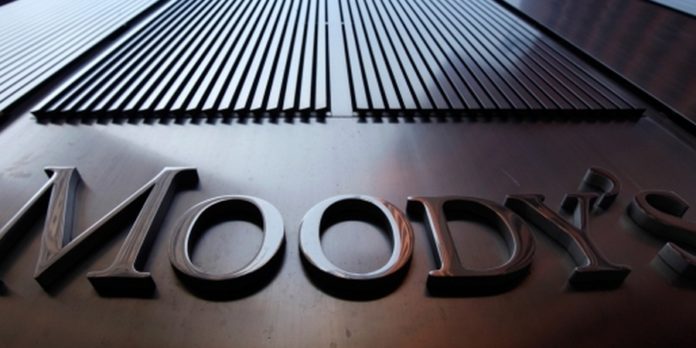
SOUTH Africa had been given a daunting reminder of the challenges on the other side of the COVID-19 pandemic following the downgrade by Moody’s of the country’s credit rating to sub-investment grade.
This is the view of the Minerals Council South Africa which said over the weekend that the government’s much-praised response to COVID-16 notwithstanding, the credit downgrade was a disaster all of its own making.
“This downgrade is largely as a result of Government’s own making over an extended period,” it said, citing the inability to enforce structural reforms, backing loss-making, non-core state-owned enterprises such as South African Airways, and Eskom’s failures. The council was also scathing about the inability to prosecute those charged of corruption in former president, Jacob Zuma’s nine-year tenure – a period of unmitigated disaster.
“At this point, South Africa has no choice but to seek to limit the damage caused by the necessary COVID-19 response and the 21-day shut-down that the Minerals Council fully supports. In this respect, South Africa’s response has been exemplary, and has had the full support of organised business,” it said.
“Once this crisis is over, the country will need to turn its urgent attention back to addressing the economic crisis and adopting and implementing a set of comprehensive structural reforms that can materially improve the country’s competitiveness rankings, grow productivity, generate much higher levels of fixed investment (greater than 25% of GDP versus the current 19% of GDP), raise economic growth and start reducing unemployment and poverty.
“It is only the implementation of the necessary economic reforms that the ratings agencies will again take us back to investment grade.”
Fitch and S&P had previously downgraded South African credit to sub-investment grade and whilst Moody’s only took the rating down one notch to Ba1 from the last investment-grade wrung of Baa3 its outlook remains negative. A further downgrade could follow, said Business Maverick.
In a small mercy, South African mining stocks will receive at least temporary respite as the downgrade will see dollar-based revenues increase as the rand responds negatively to the news. Bianca Botes, Treasury Partner at Peregrine Treasury Solutions, told Fin24 that South Africans should “hold onto [their] hats”.
“While the global currency market was closed, we will only see the reaction to the news once trading resumes on Monday. Although the rebalancing of the World Government Bond Index (WGBI) has been postponed to end April, a selloff in the region of $11bn is expected,” she warned.
“Hold onto your hats on Monday, the rand will in all likelihood be setting its sights on breaching R18.00/$,” she said.
According to BusinessLive, estimates by economists were that the economy could contract this year by 6% or more. The best-case scenarios were a contraction of 2% and 3%.
Economists and business leaders have warned in the past that the inability to reform the economy could see the South African government eventually forced to the door of the International Monetary Fund (IMF) for aid, a development that would represent a major loss of sovereignty.
However, the government may approach the IMF well before that point, according to an interview between finance minister, Tito Mboweni, and the Sunday Times – reported by Bloomberg News. Mboweni was quoted to have said: “In a conversation with the Reserve Bank and the Treasury I indicated that we should proceed and speak to the IMF and the World Bank about any facility that we can access for health purposes”.










